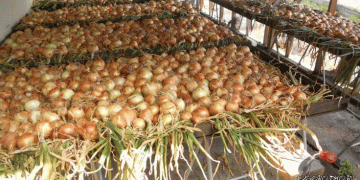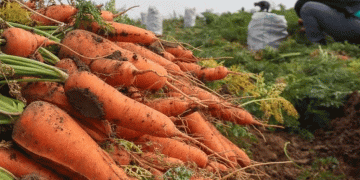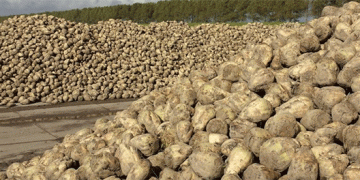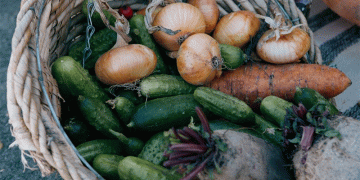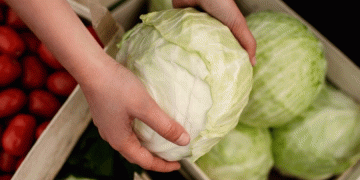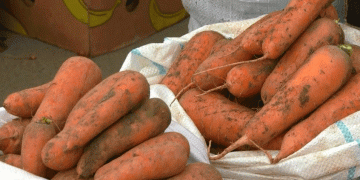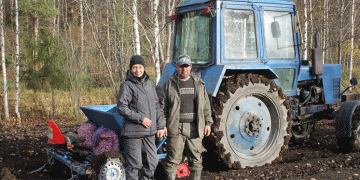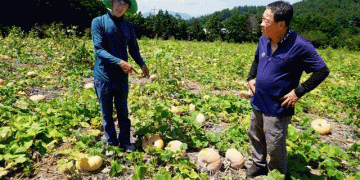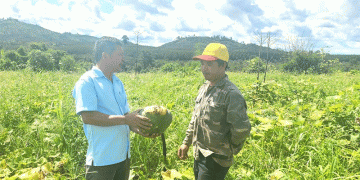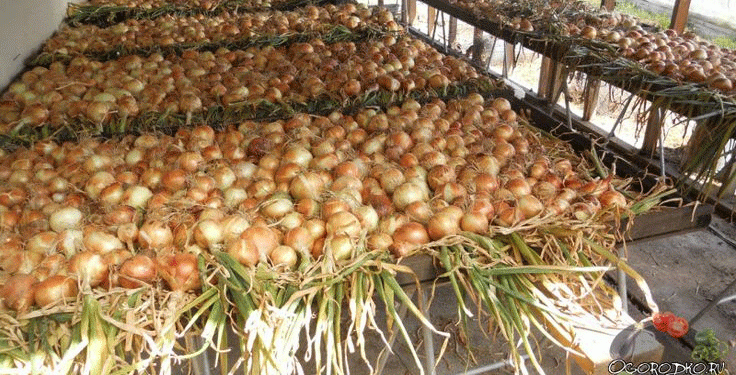The Department of Agriculture (DA) and the local government of Bacolor, Pampanga, recently inaugurated a 20,000-bag capacity cold storage facility for onion farmers, marking a significant milestone in the region’s agricultural development. The facility, handed over to the Bacolor Onion Farmers Association (BOFA), aims to address one of the biggest challenges in onion production: post-harvest losses, which account for up to 30% of total yield in the Philippines due to poor storage conditions (FAO, 2023).
Why Cold Storage Matters for Onion Farmers
Onions are highly perishable, with traditional storage methods leading to sprouting, rotting, and weight loss. According to a 2023 study by the Philippine Council for Agriculture and Fisheries (PCAF), proper cold storage can extend shelf life by 3-6 months, preserving quality and market value. The new facility in Bacolor will help farmers avoid price drops during peak harvest seasons, allowing them to sell at more favorable prices.
Economic Impact and Sustainability
The DA estimates that reducing post-harvest losses through cold storage could increase farmers’ net income by 20-30%. Similar facilities in Nueva Ecija, the country’s top onion-producing region, have already demonstrated 15-25% higher profits for farmers who store onions instead of selling immediately after harvest (DA Central Luzon, 2024).
Eduardo Lapuz Jr., DA Regional Executive Director, highlighted the importance of collaboration and innovation in modernizing agriculture. “Our only request is that we work together to sustain and ensure the success of projects like this,” he said during the turnover ceremony.
Bacolor Mayor Eduardo Datu reinforced the need for public support, stating, “Without farmers, we have nothing to eat. That is a reality we must all support.”
A Step Toward Agricultural Modernization
The facility is part of the DA’s broader push to enhance food security and farmer resilience. Similar projects are planned in other key onion-producing areas, aligning with the Philippine Development Plan 2023-2028, which prioritizes reducing post-harvest losses through improved infrastructure.
